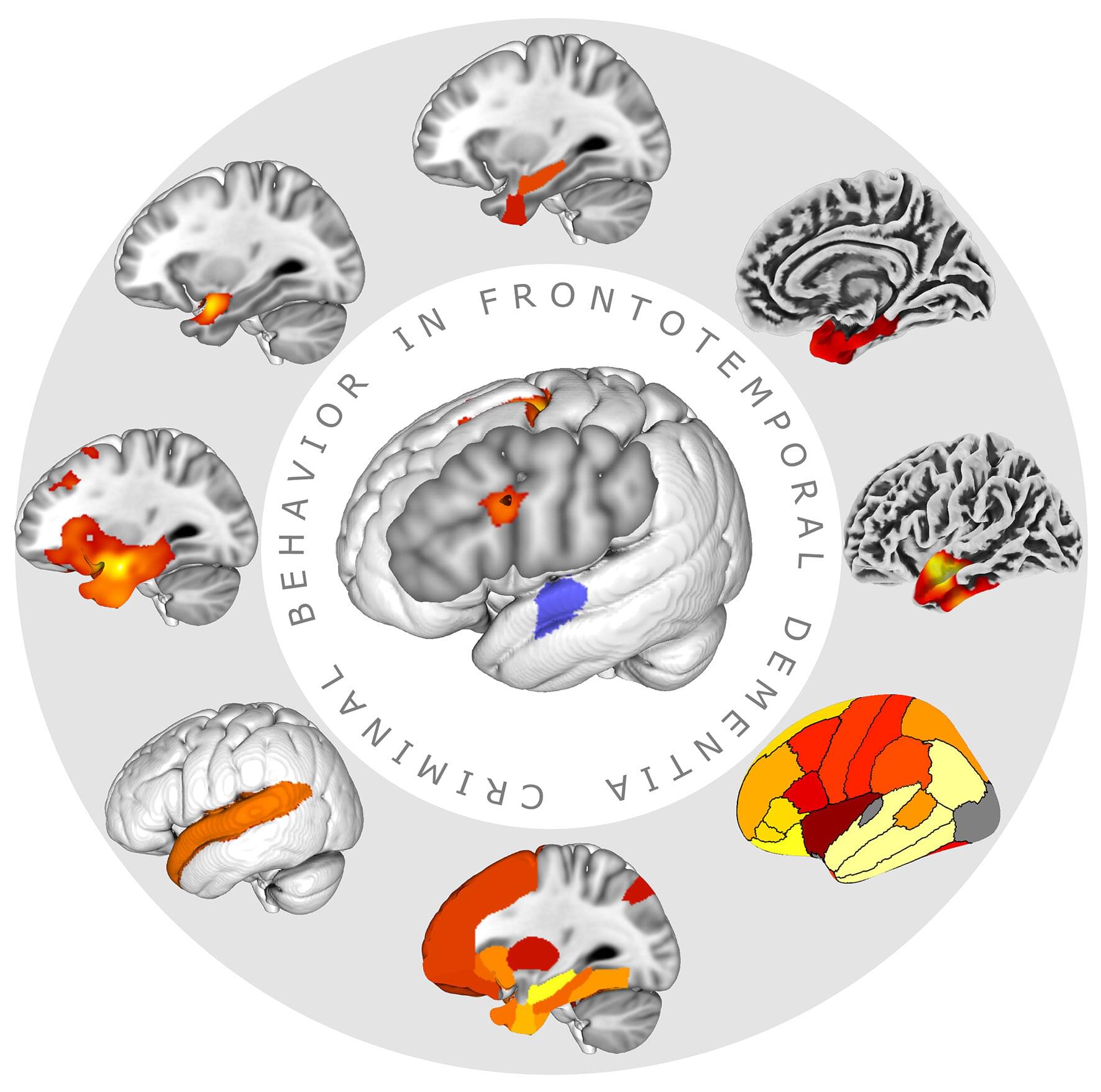A suspected perpetrator who can barely remember his name, several traffic violations committed by a woman in her mid-fifties who is completely unreasonable and doesn’t understand her behavior—should such cases be brought before a court? And how does the state deal with people who commit acts of violence without meaning to?
Those questions come to mind if one hears those examples from everyday clinical praxis with persons suffering from dementia. Neurodegenerative diseases might affect several functions of the brain, ranging from memory in Alzheimer’s disease to behavior, such as in behavioral variant frontotemporal dementia, and to sensorimotor function in Parkinson’s disease.
One of the most interesting consequences of these alterations is the fact that persons affected by these diseases might develop criminal risk behavior like harassment, traffic violation, theft or even behavior causing harm to other people or animals, even as the first disease sign.
